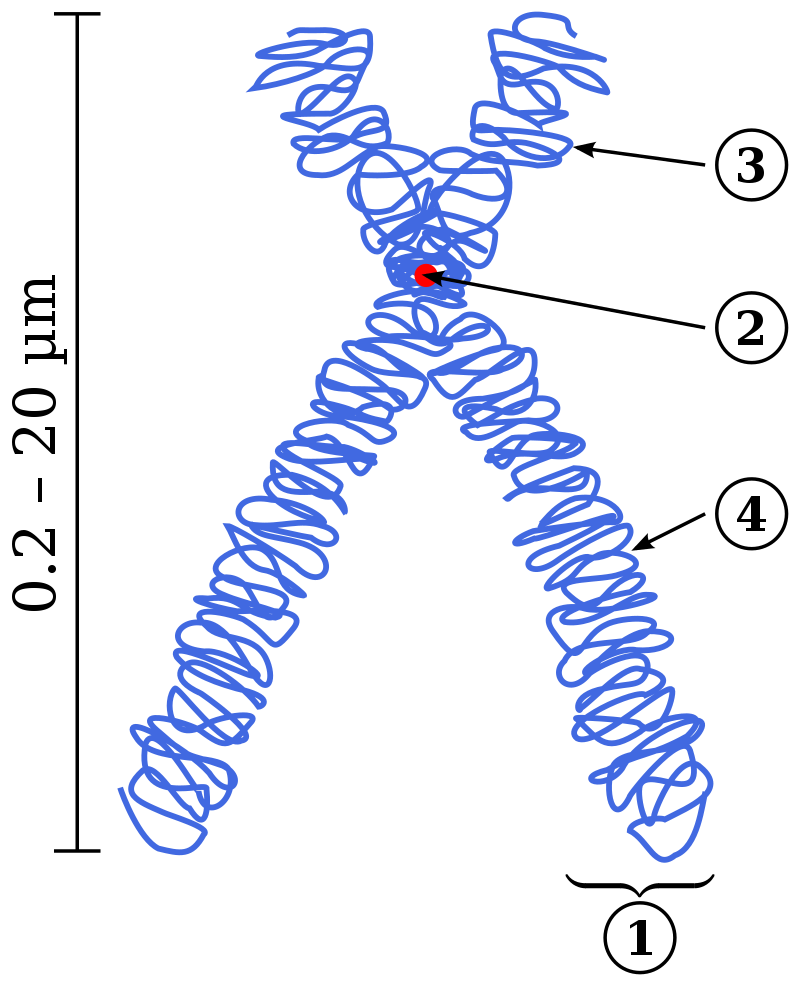New Biomarkers Predict Chemotherapy Resistance Across Multiple Tumors

Recent advancements in cancer treatment have unveiled a groundbreaking method for predicting chemotherapy resistance, which could revolutionize patient care. Research published in the journal *Nature Genetics* reveals that biomarkers based on chromosomal instability (CIN) signatures can effectively determine resistance to platinum, taxane, and anthracycline chemotherapy across various tumor types. The study's findings highlight a shift from traditional, one-size-fits-all approaches to a more precise, tailored treatment model.
The study, co-led by Dr. Geoff Macintyre, Group Leader at the Spanish National Cancer Research Centre (CNIO), and Chief Scientific Officer at Tailor Bio, was conducted in collaboration with scientists from Cancer Research UK and the University of Cambridge. The research team developed three CIN signature-based biomarkers aimed at predicting chemotherapy resistance, which could significantly enhance personalized medicine strategies in oncology.
Historically, efforts to predict chemotherapy resistance have focused primarily on platinum-based therapies, relying on cell culture or gene expression assays that have not gained widespread clinical adoption. The current research addresses these gaps by utilizing CIN signatures—biomarkers that reflect the genomic instability of tumors. Tumors exhibiting CIN are typically more responsive to chemotherapy, while those with stable genomes tend to show resistance.
According to Dr. Macintyre, "We are matching the specific mechanism of action of the chemotherapy with an absence of the synthetic lethal defect in the tumor—hence bringing a precision approach to chemotherapy." The research team's methodology involved classifying tumors without CIN as resistant. For tumors with CIN, they assessed the ratio of two CIN signatures, CX2 and CX3. A higher CX2 ratio indicated resistance, while a greater CX3 ratio suggested sensitivity to platinum-based treatments.
The study emulated clinical trials using real-world data from 840 cancer patients who had received one of the chemotherapies of interest or standard of care (SOC). Results showed significant differences in treatment outcomes based on the biomarkers. For instance, patients with ovarian cancer predicted to be resistant to platinum had a 1.46-fold increased risk of treatment failure compared to those classified as sensitive. Similarly, individuals with sarcoma demonstrated a 3.59-fold higher risk of failure, while patients with metastatic breast cancer faced a 3.98-fold increased risk of treatment failure when predicted to be resistant to taxane therapies.
The implications of this research extend beyond immediate clinical applications. The CIN signature analysis presents a potential framework for patient stratification that could be widely applicable across various cancer types, enhancing the overall efficacy of cancer treatment protocols. Dr. Macintyre emphasized the importance of engaging with regulatory bodies to explore the necessary steps for approval, with the hope that the emulated trials could expedite the process.
Additionally, the research group at CNIO has secured €1.3 million in funding from NextGenerationEU to conduct further analytical validation of the test in Spain and the U.S., with prospective trials anticipated to commence in 2026. This funding will support the development and validation of the biomarkers, ultimately aiming to integrate them into clinical practice.
In summary, the introduction of CIN signature-based biomarkers represents a significant leap towards personalized cancer treatment, potentially transforming the landscape of chemotherapy administration and improving patient outcomes across multiple tumor types. As researchers continue to refine these techniques, the future of oncology may lean more heavily on precision medicine, ensuring that treatments are tailored to individual genetic profiles rather than relying solely on conventional methodologies.
Advertisement
Tags
Advertisement





